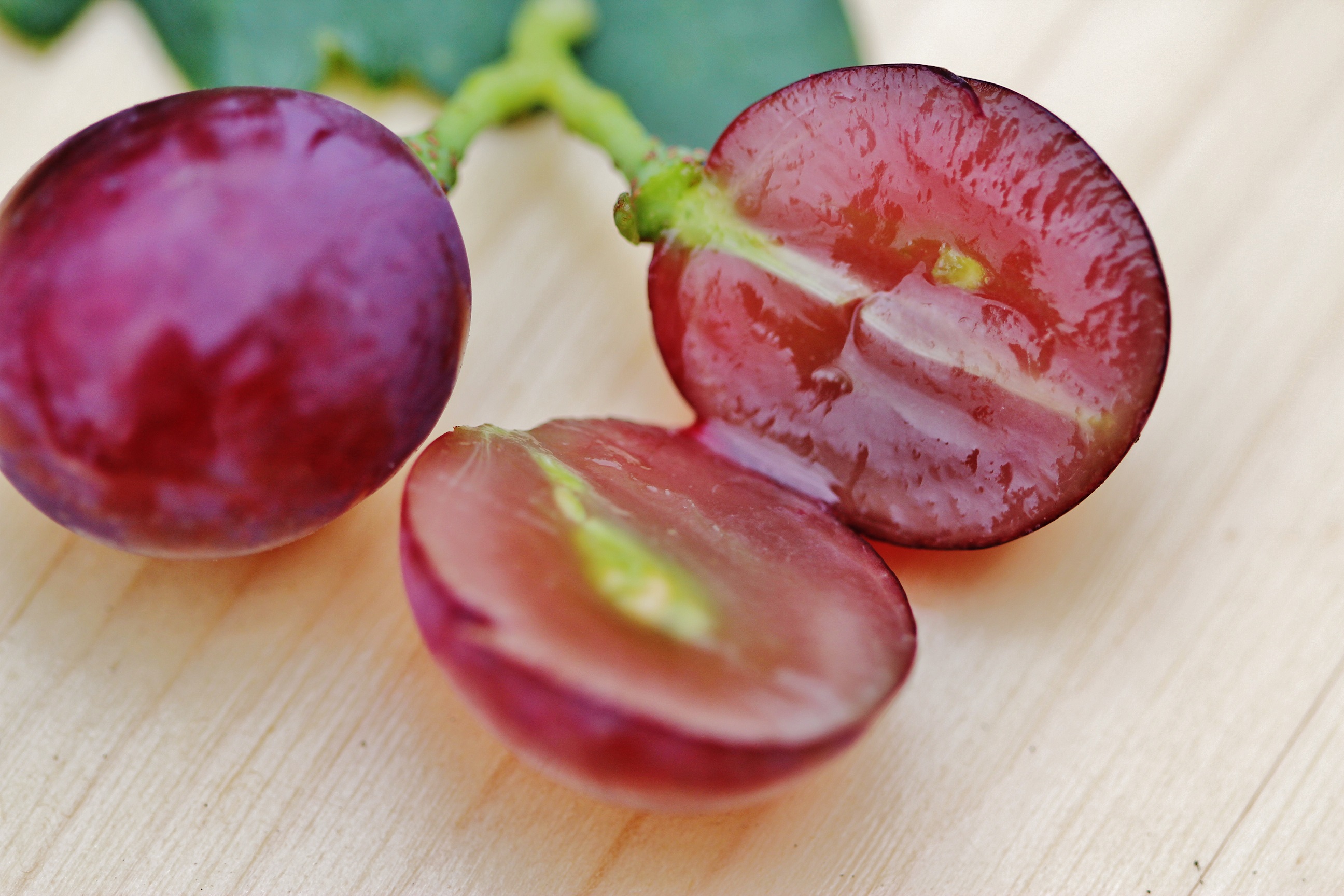Wines do not have to contain tannin to be good today, but in the hope that this will bring about a better taste in the future. Just like white wines that require aging need acidity when young, tannin acts as a preservative which contributes to the growth of the great red wines. Wine can absorb all kinds of aromatic elements, but it takes time for them to harmonize and produce a mature complex wine. To contribute to this ideal tannins combine with other elements.
 Fermented wine contains more tannin if grapes have more seeds and thicker skin. Cabernet Sauvignon has small and spherical berries because the core is wrapped in a large amount of skin. It is this thick skin that adds strong tannins to the wine. Also, Syrah and Nebbiolo are varieties high in tannins.
Fermented wine contains more tannin if grapes have more seeds and thicker skin. Cabernet Sauvignon has small and spherical berries because the core is wrapped in a large amount of skin. It is this thick skin that adds strong tannins to the wine. Also, Syrah and Nebbiolo are varieties high in tannins.
With the maturation of wine, tannins are less obvious, and the taste seems much softer. Fruit flavours become more complex. Tannins disappear as the flavour of the wine reaches its peak maturity.
When the wine comes in contact with the wood, it tends to extract tannins from the wood. New and slightly burnt barrels give more tannins. Therefore, great wines, which can be left to age up to fifty years are placed usually in new barrels.
Tannin and white wines: Some white wines are as astringent as red wines, they contain tannins, as they are obtained from fermented wine which was in its turn obtained under high pressure. Thus, white wines contain a certain amount of tannin derived from the skin and seeds. Tannin is a plant compound with a complex chemical structure (containing many phenolic hydroxyl groups, and carboxyl groups) capable of precipitating proteins from raw skin, proteins that form insoluble precipitates, rot-proof, waterproof (weathered skin). Tannins are part of secondary metabolites that accumulate in plants and their organs.
Among common foods and drinks, tannin is found mostly in tea (especially if left long in water). The sensation caused by tannin in the mouth: The inside of the mouth and gums seem to become more sour in a fairly unpleasant way when mixed with tannin (they become red, brown, like weathered skin) - there's one reason why it's not easy at all to taste red wines that require aging while they are still young.







